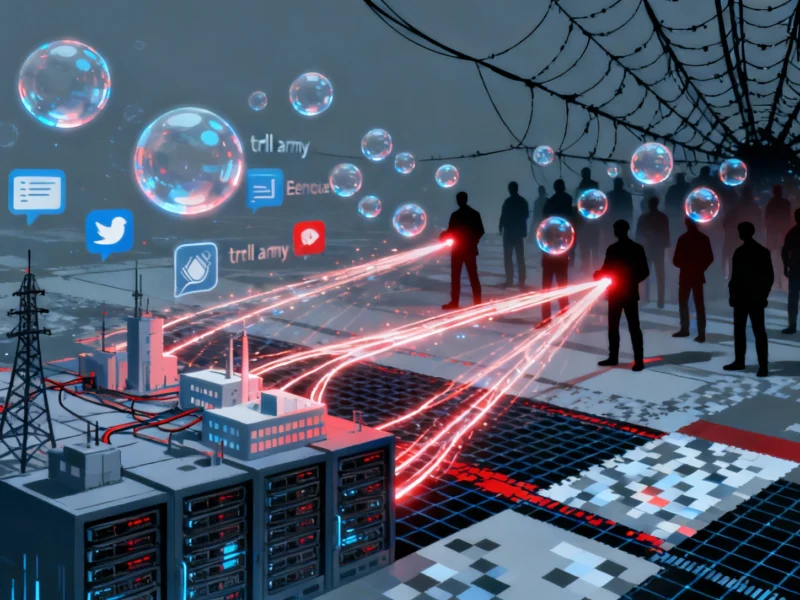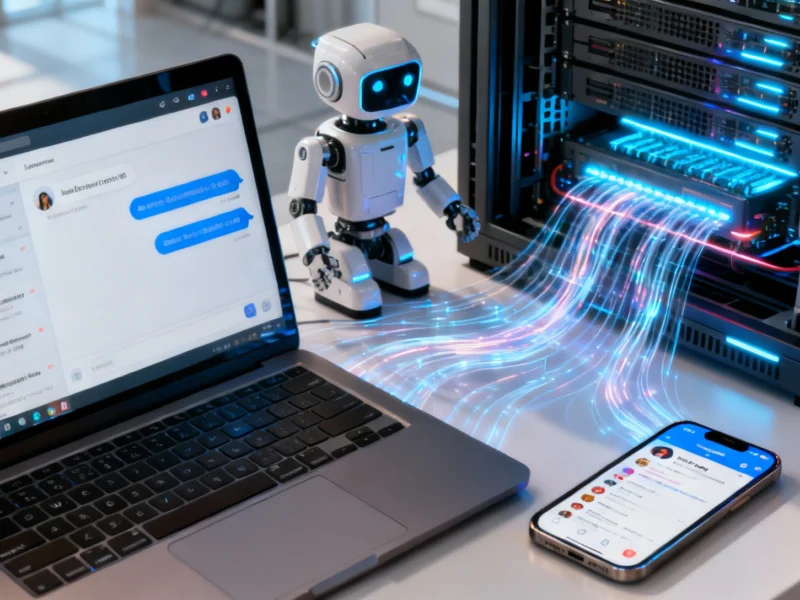Altmetrics Revolution: Measuring Research Impact Beyond Academic Echo Chambers
Business schools and universities are increasingly using altmetrics to measure research impact beyond academic circles. These tools track mentions in social media, policy documents, and news coverage, providing a broader view of influence.





